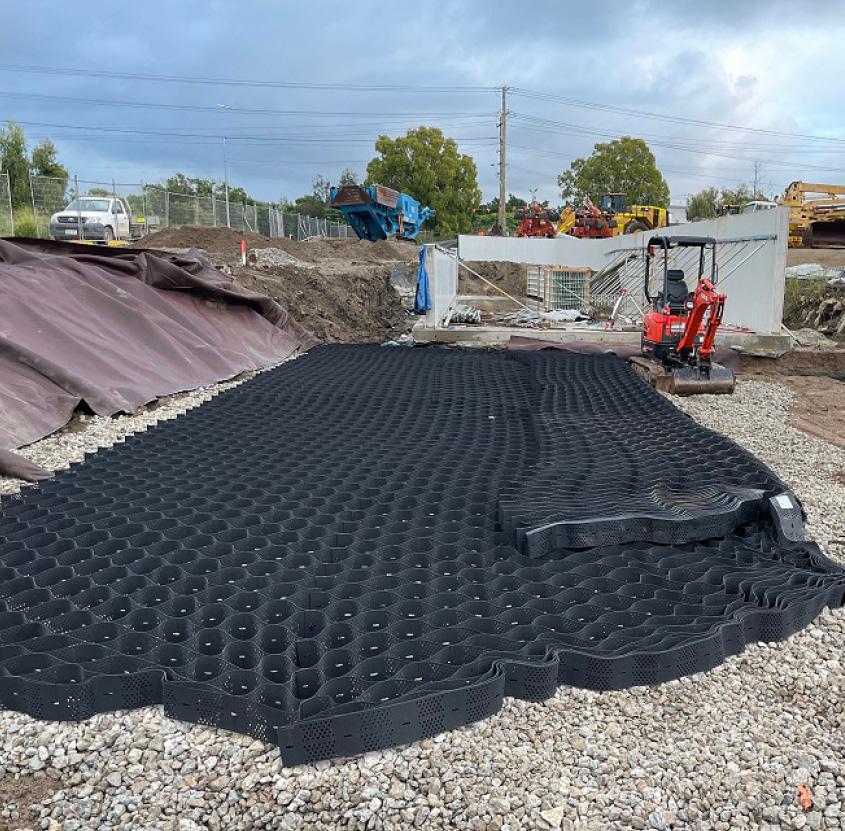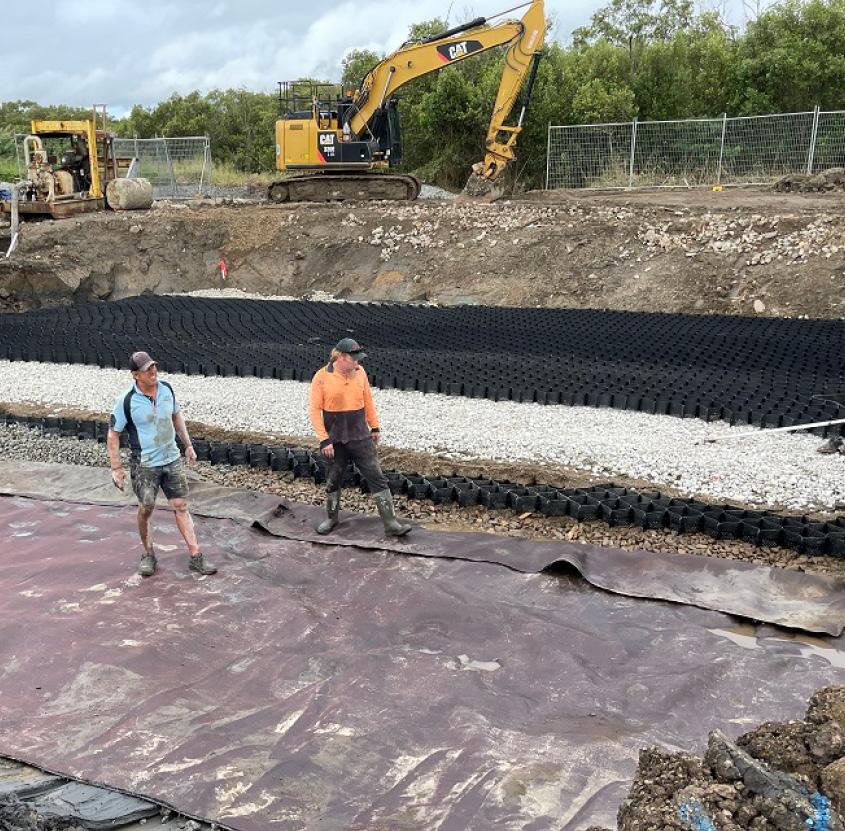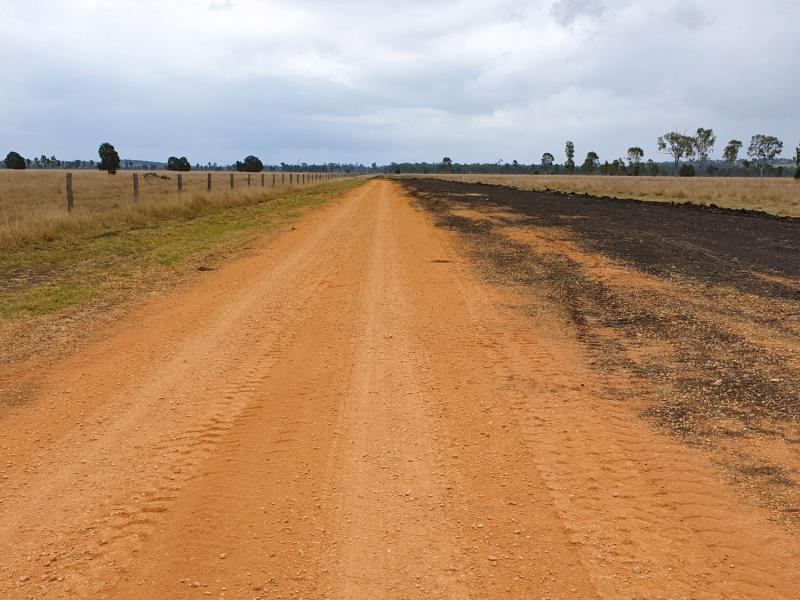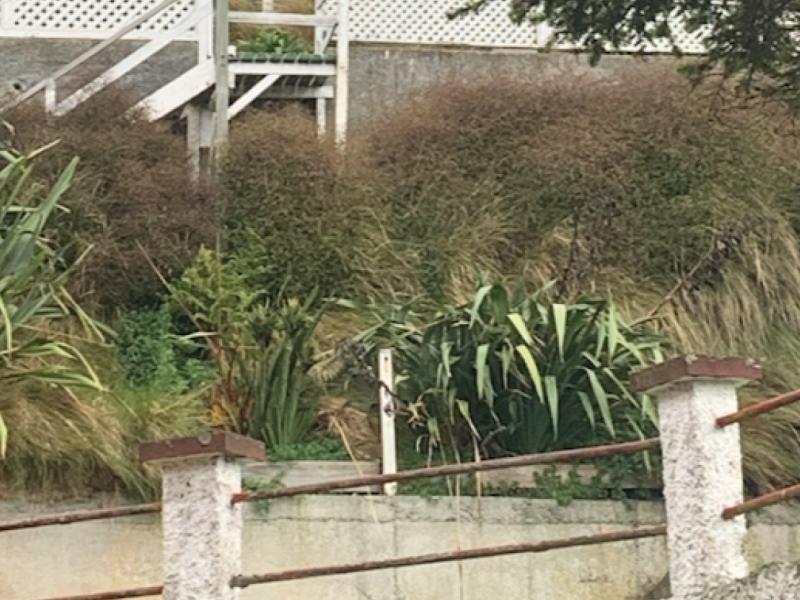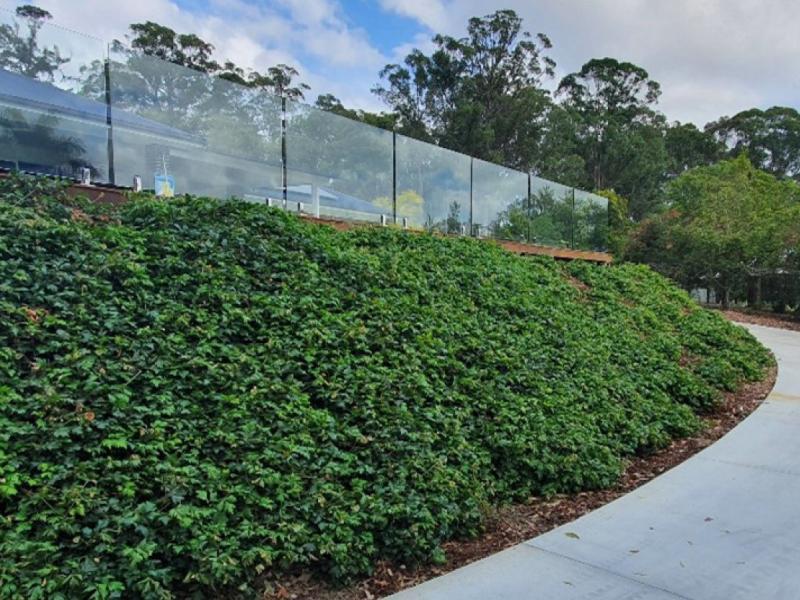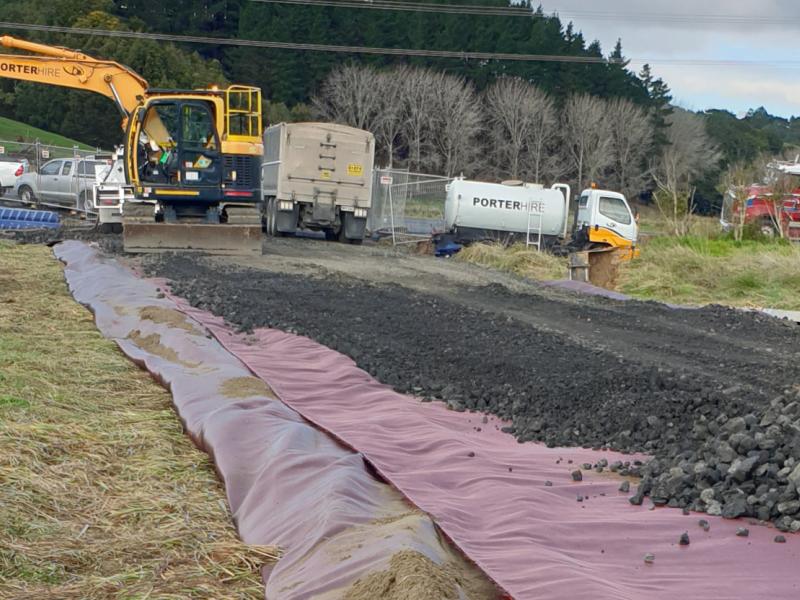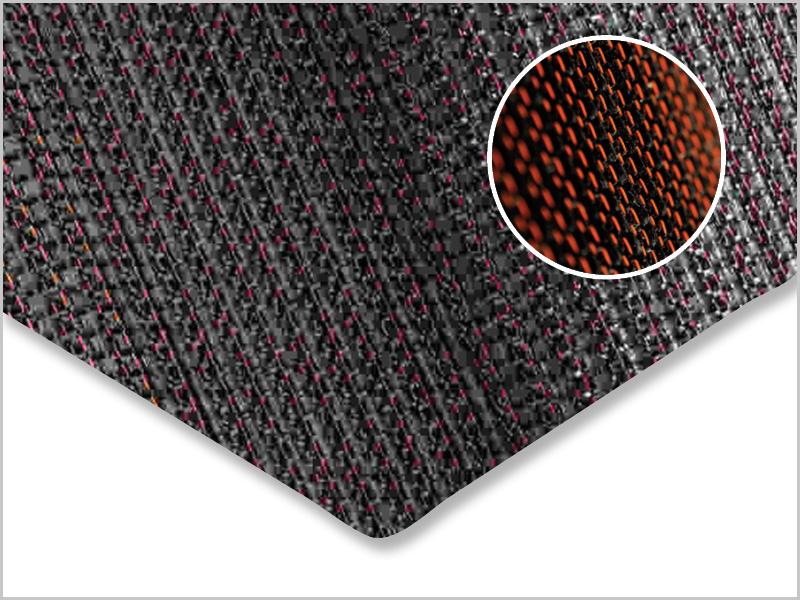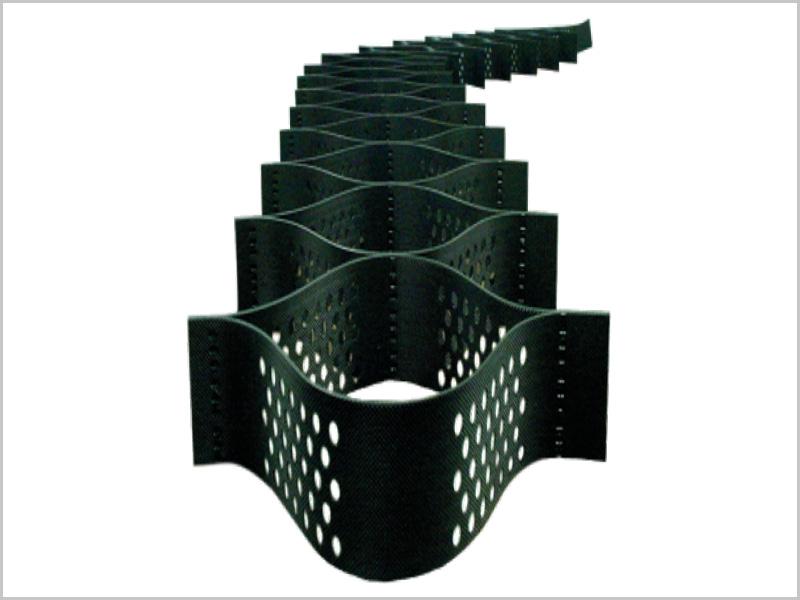
BEARING CAPACITY IMPROVEMENT FOR A CULVERT USING GEOSYNTHETICS
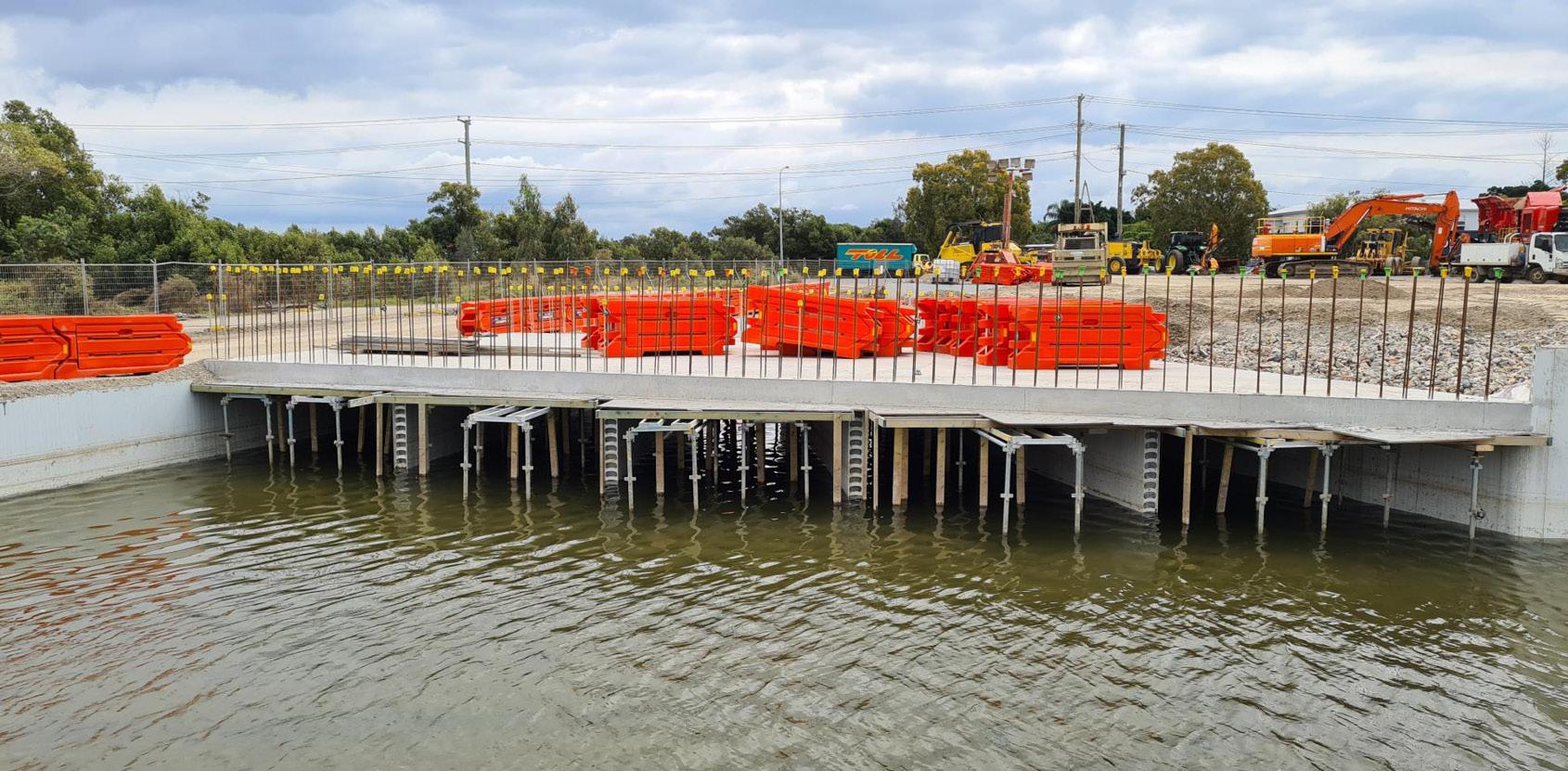
PROJECT DESCRIPTION
The project location, Pinkenba, is an eastern coastal suburban town within Brisbane, Queensland. Soft ground was encountered at the location where culverts were proposed for construction. Geofabrics provided a geosynthetic solution to the design engineer to help improve the bearing capacity of the ground for the culvert slab.
OUR SOLUTION
Geofabrics worked closely with the designer and their geotechnical engineer to have a better understanding of the ground conditions. Soils having low bearing capacity extended to a significant depth below the surface. The large slab width also meant a deeper zone of influence, requiring a solution which improved the bearing capacity significantly at the surface to limit the excavation of the underlying acid sulphate soils.
A 2D Finite Element (FE) analysis was undertaken based on the geotechnical model, to understand the bearing capacity of the subgrade. Based on the project conditions, Presto Geoweb® Cellular Confinement system was deemed appropriate as it can significantly improve the bearing capacity of a granular layer due to the mattress effect and was suitable for long-term load applications. Geofabrics undertook detailed analysis and worked closely with Presto to arrive at a cost-effective solution to achieve the required bearing capacity.
A comparison with an unreinforced platform required to achieve the bearing capacity indicated that approximately 40% reduction was achieved by the proposed geosynthetic solution. This translated into a reduction of an equal amount of excavation spoil which would have required proper treatment, due to acid sulphate soils being present at the site as well as the need to import quality granular fill. Given that RSi is a polypropylene product and Geoweb is made from virgin high-density polyethylene (HDPE), they were deemed suitable for the application as they can be used in low and high pH ground environments.
Geofabrics also provided technical support to the installation contractor to successfully help install the geosynthetics at the site. More than a year since construction, the Geoweb system continues to effectively support the culverts and sustain live loads imposed by heavy machinery.
PRODUCTS USED
TenCate Mirafi® Rsi Multifunctional Woven Geotextile
- Multi-functional woven geotextile developed to reinforce, separate, drain and filter with superior interaction between aggregate layers
- Reduces cost as it is designed to improve subgrade performance and maximises the use of site-won materials when constructing over soft soil
- Supports increasing traffic, increased axle loads and provides added reinforcement for haul roads, unpaved roads and load supporting platforms
- Used to increase the load capacity in high traffic areas, ideal for permanent and temporary access roads that need to be constructed over soft ground
Presto Geoweb® Cellular Confinement Geocell System
- Most advanced and eco-friendly soil stabilisation technology available that blends into the natural environment
- Consists of a robust three-dimensional structure housing a network of interconnected cells that confine and compact soil
- Widely used for load support, erosion control, slope stability, retaining structures and high velocity channels
- Robust UV resistant structure is ideal for use in harsh environments
- Quick and easy installation with lightweight panel systems that arrive on-site in a collapsed or flat-packed format and installed using the patented ATRA key connection system
